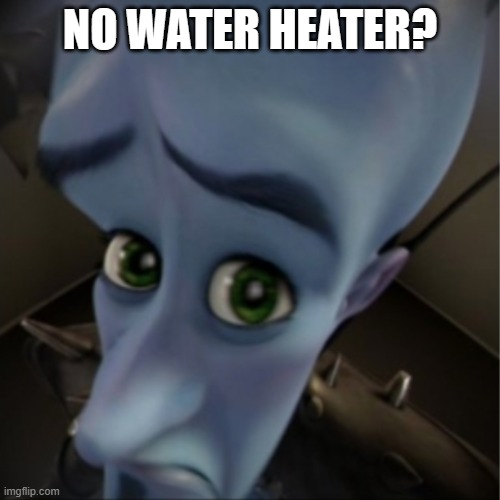When the temperatures drop and winter settles in, the last thing you want is to discover that your heater broke. This unfortunate situation can leave you feeling cold, uncomfortable, and uncertain about how to resolve the issue. Understanding the reasons behind a malfunctioning heater and knowing how to respond can save you time, money, and stress. It’s essential to familiarize yourself with common causes of heater failures, as well as the best practices for troubleshooting and repair. Being informed can help you act quickly and effectively, ensuring your home remains warm and cozy during the chilly months.
In this article, we will explore the various reasons your heater may have broken down, the steps to take in response, and when it’s time to call a professional. Moreover, we'll delve into preventive measures to keep your heating system running smoothly and efficiently so that you can avoid this scenario in the future. By the end of this guide, you will be better prepared to handle any heating crisis that comes your way.
So, if you’ve found yourself shivering and asking, “My heater broke; what do I do now?” you’re in the right place. Let’s get started on understanding how to navigate this common winter woe.
What Are the Common Reasons Why a Heater Broke?
Heater malfunctions can occur for a variety of reasons. Here are some of the most common issues that may lead to your heater breaking down:
- Dirty or clogged filters
- Thermostat issues
- Electrical problems
- Ignition failure
- Leaking ducts
- Mechanical wear and tear
How Can I Troubleshoot My Broken Heater?
If your heater broke, there are several troubleshooting steps you can take before calling a technician. Here’s a simple checklist:
- Check the thermostat settings. Is it properly set to 'heat'?
- Inspect the air filters. Are they dirty or clogged?
- Look for any tripped circuit breakers or blown fuses.
- Ensure that the vents are open and unobstructed.
- Listen for unusual sounds emanating from the unit.
Should I Call a Professional When My Heater Broke?
Sometimes, despite your best efforts, the heater remains unresponsive. In such cases, it may be time to contact a professional. Here are a few indicators that it’s best to seek expert help:
- Persistent issues after basic troubleshooting
- Unusual noises or smells coming from the unit
- Inconsistent heating in different rooms
- Age of the heating system (over 15-20 years)
What Are the Costs Associated with Heater Repair?
The cost of repairing a broken heater can vary significantly based on several factors, including:
- Extent of the damage
- Type of heating system
- Labor costs in your area
- Parts needed for the repair
On average, homeowners can expect to pay anywhere from $100 to $1,000 for heater repairs. Always ask for a detailed estimate before proceeding with any work.
How Can I Prevent Future Heater Breakdowns?
Preventive maintenance is crucial in ensuring your heater operates efficiently throughout the winter season. Here are a few tips:
- Schedule annual professional inspections
- Change air filters regularly (every 1-3 months)
- Keep vents and ducts clean and unobstructed
- Insulate your home to retain heat
What Should I Do If My Heater Broke During a Cold Snap?
If you find yourself in a situation where your heater broke during a particularly cold spell, here are immediate steps you can take:
- Wear warm clothing and use blankets to retain body heat.
- Close off unused rooms to conserve heat.
- Use space heaters cautiously, following safety guidelines.
- Consider relocating to a friend or relative's home if the situation becomes unmanageable.
What Are My Options for Heater Replacement?
If your heater is beyond repair, you may need to consider a replacement. Here are common options available:
- Furnace (gas, electric, or oil)
- Heat pump
- Radiant heating systems
- Space heaters
When selecting a new unit, consider factors such as energy efficiency, heating capacity, and cost.
Can I Fix My Broken Heater Myself?
While some minor repairs can be handled by homeowners, it’s essential to know your limits. If you’re not confident in your DIY skills or if the issue appears complex, it’s always best to contact a professional. Safety should be your top priority.
Conclusion: Staying Warm When Your Heater Broke
Experiencing a heater breakdown can be stressful, especially in the middle of winter. By understanding the common issues that can lead to a heater breaking down, taking immediate troubleshooting steps, and practicing preventive maintenance, you can keep your home warm and comfortable. Remember, when in doubt, it's always wise to consult a professional to ensure the safety and efficiency of your heating system.



